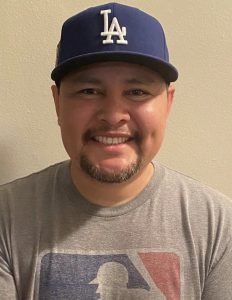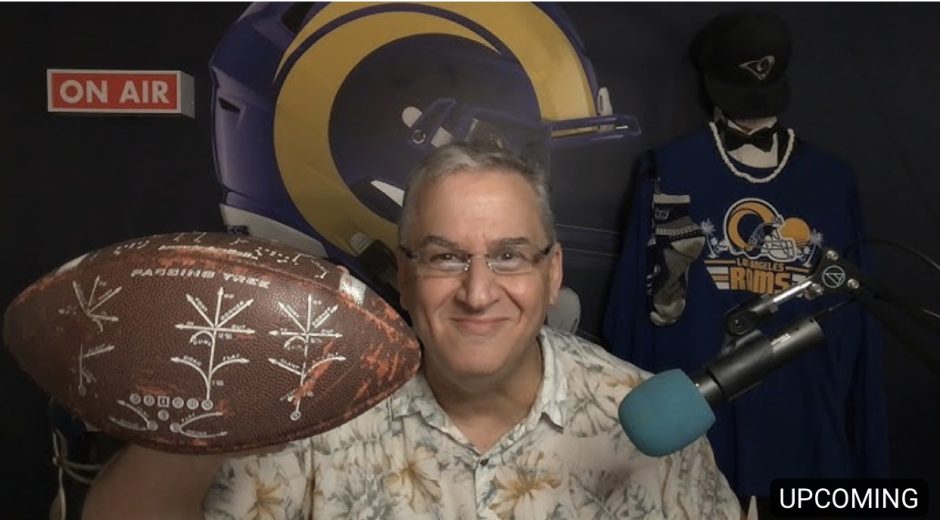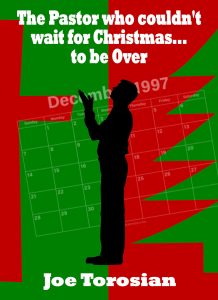
Steven Urena
By Steven Urena
Cory Morales
High School: Artesia High School
College: Rio Hondo CC, University of Northern Colorado
Pro Ball: 7 years.
Urena: After a successful college career, you went undrafted. In order to fulfill the dream of playing professional baseball, you decided to play independent baseball. Can you explain to our readers what Indy Ball is?
Cory Morales: Independent ball is professional baseball that is not affiliated with MLB. There are a few prestigious leagues that players typically want to play in. There are other leagues that are very questionable. I was fortunate enough to play in the best leagues. Indy leagues are filled with ex-affiliated guys (athletes that were under contract with MLB teams). Actually, I would say about 90% of the players in some of these leagues have affiliated experience. The competition is incredible. A lot of former big leaguers play indy ball at the tail end of their career. Taking a look at the rosters in the Atlantic League will tell you all you need to know about that level of competition.
Urena: You played for different teams in different cities throughout your baseball career. Tell us what it was like playing Indy Ball for 7 years. Did you have a favorite place to play?
Cory Morales: The best time of my life. I miss it every single day. I miss the grind. A lot of players don’t last seven years. It’s grueling. 20 hour bus rides. The camaraderie and just being in the clubhouse is a different feeling. It’s hard to get that type of feeling in a work setting after you retire. I had a lot of ups and a lot of downs. It definitely molds your mentality to be tougher after you are done playing. My favorite place to play – I would say my top 3 would be Winnipeg (Canada), Kansas City, MO and St. Paul, MN.
Urena: You played middle infield and were considered to be on the “smaller side.” Did you swing for the fences or try to hit singles? What is your hitting approach?
Cory Morales: Interesting question. I became a better hitter when I stopped trying to hit singles. Instead, I focused on hitting the ball as hard as I possibly could wherever it was pitched. I tried to stay in the gaps and if I got one (home run) it was a bonus. I remember one former player told me “If you try to hit singles, you’ll never hit a homerun. But, if you try to hit homeruns you can always hit singles.” LOL I don’t know why but that was my favorite approach.
Urena: You played shortstop in college and pro ball. What are the best and most challenging aspects of playing, arguably, the toughest position on the field?
Cory Morales: For me, defense was always my strength. It came easier to me. I think it’s because at a young age I always played SS. I never played anywhere but that position from the moment I picked up a baseball. The most challenging part is the ability to forget. If I was having a tough time at the plate, it was challenging for me to be able to flip the switch and go play defense, at times. It got a lot easier as I got older and more seasoned. Also, some of the fields in Indy ball are not the greatest. Being able to field ground balls on some crazy infields was also a challenge as well.
Urena: What are some differences between Division 1 baseball and professional baseball?
Cory Morales: The maturity level. D1, you’re typically playing against players your age. Anywhere from 18-22. In pro ball, there were players in their 40’s. Also, you have to develop a routine. In pro ball, nobody is there to hold your hand. You have to establish a routine. A routine that includes early work, getting your workouts in, meals, etc.. College is more by the book. They create your schedule for you pretty much every day. In pro ball, you do what you have to do to prepare for the game. I enjoyed pro ball much more than college ball. There’s just much more freedom and you can do what you need to do individually to get yourself ready to play. Lastly, everyone is better at the next level. Nothing like playing against the best of the best.
Contact Steve Urena at:
Email: theurenaexpress@gmail.com
Twitter/IG: @theurenaexpress









